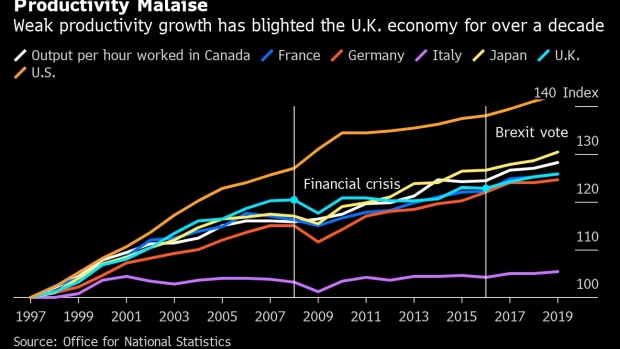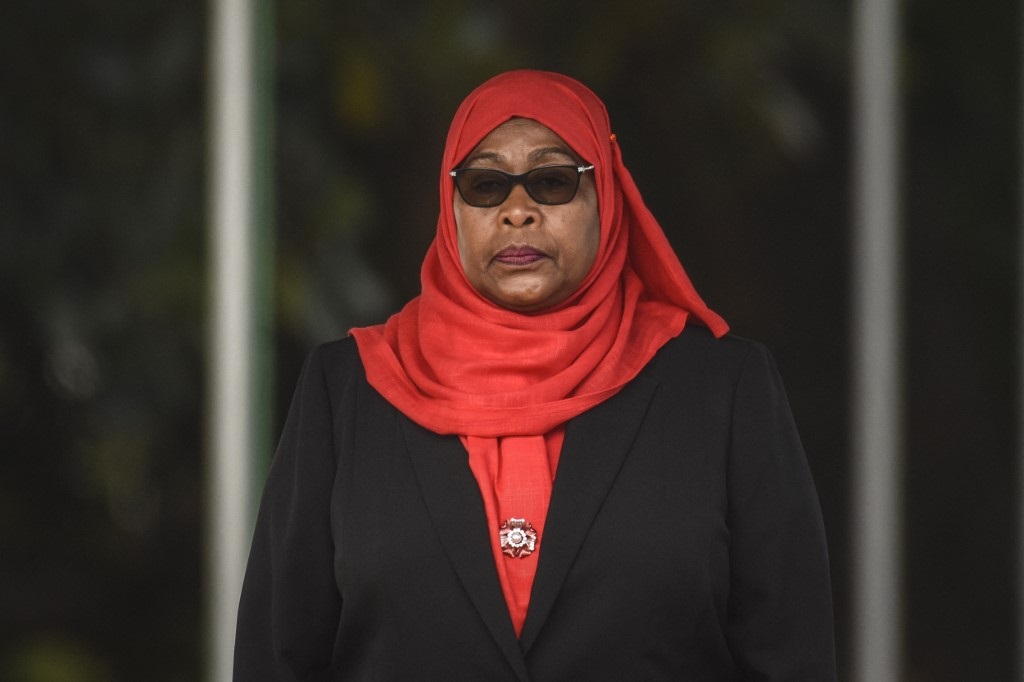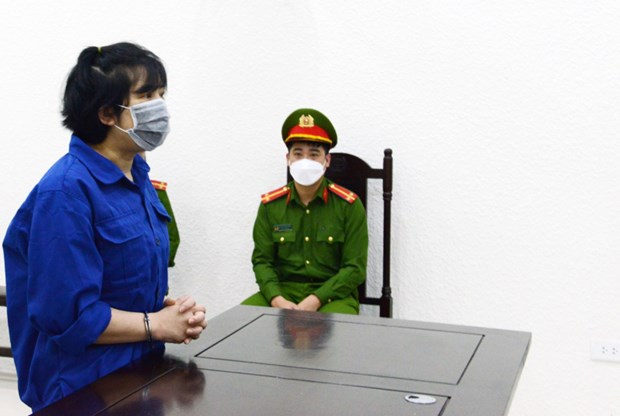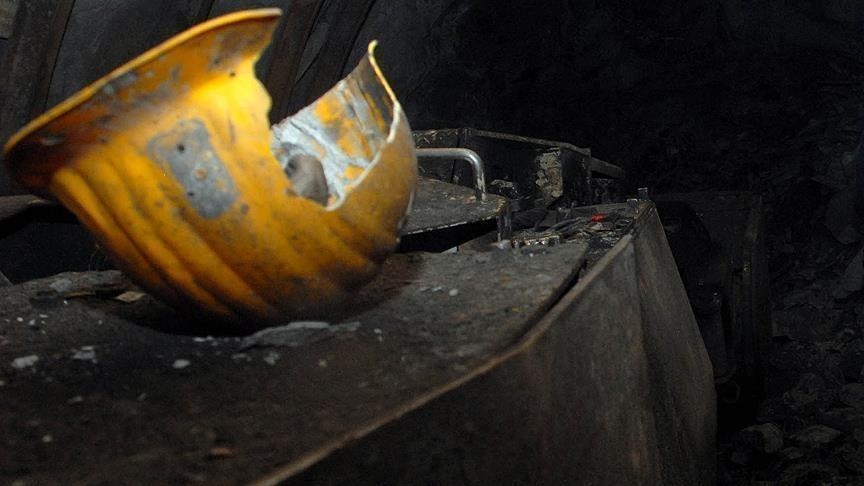Sri Lanka crisis forces 13-hour blackouts, hospitals stop surgery
Power regulator urges government employees to work from home to save fuel and hospitals suspend routine surgeries as economic crisis deepens.

Sri Lanka has announced nationwide 13-hour daily power cuts from Thursday and more hospitals suspended routine surgeries after running out of life-saving medicines, as the cash-strapped island’s economic crisis deepens.
The South Asian nation of 22 million people is in its worst economic crisis since independence in 1948, sparked by an acute lack of foreign currency to pay for even essential imports.
KEEP READING
list of 4 itemsAs prices soar in crisis-hit Sri Lanka, many forced to moonlight
Sri Lanka seeks another $1bn from India: Report
Sharp rise in Sri Lanka fuel prices as economy reels
Sri Lankan papers run out of newsprint as economic crisis worsens
The state electricity regulator said it was extending Wednesday’s 10-hour power cut by another three hours from Thursday, enforcing a 13-hour rolling nationwide blackout.
The Indian Ocean island nation had been under severe electricity rationing since the start of the month and the monopoly said an earlier increase in power outages from seven hours to 10 hours was imposed because there was no oil to power thermal generators.
More than 40 percent of Sri Lanka’s electricity is generated from hydropower, but most of the reservoirs were running dangerously low because there had been no rains, officials said.
At least two more hospitals reported suspending routine surgeries because they were dangerously low on vital medical supplies, anaesthetics and chemicals to carry out diagnostic tests, and wanted to save them for emergency cases.
The country’s biggest medical facility, the National Hospital of Sri Lanka in the capital, said it had also stopped routine diagnostic tests. An official added, however, that the facility continued to receive power supply from the national grid.

The country’s electricity regulator has urged more than a million government employees to work from home to save fuel.
“We made a request to the government to allow the public sector, which is about 1.3 million employees, to work from home for the next two days so we can manage the fuel and power shortages better,” Janaka Ratnayake, chairman of the Public Utilities Commission of Sri Lanka, told Reuters news agency.
Amid the country’s worst economic crisis in decades, foreign exchange reserves have fallen by 70 percent in the past two years and were down to a paltry $2.31bn as of February, leaving Sri Lanka struggling to import essentials, including food and fuel.
The drawn-out power cuts on Wednesday were partly caused by the government’s inability to pay $52m for a 37,000-tonne diesel shipment that was awaiting offloading, Ratnayake said.
“We have no forex to pay,” he said, warning of more power cuts over the next two days. “That is the reality.”
Widespread protests
Sri Lanka’s main fuel retailer said there would be no diesel, the fuel most commonly used for public transport, in the country for at least two days.
Local broadcasters reported widespread protests across the country demanding fuel for private vehicles, which are also used for public transport.
There were no reports of violence, but hundreds of motorists blocked main roads in several towns while dozens demonstrated outside the Central Bank of Sri Lanka in Colombo demanding the removal of governor Ajith Cabraal.
Officials from the state-owned Ceylon Petroleum Corporation urged queueing motorists to leave and return only after imported diesel is unloaded and distributed.
Fuel prices have also been repeatedly raised, with petrol costs nearly doubling and diesel up by 76 percent since the beginning of the year.
Colombo imposed a broad import ban in March 2020 to save foreign currency needed to service its $51bn in foreign debt. But this has led to widespread shortages of essential goods and sharp price rises.
The government has said it is seeking a bailout from the International Monetary Fund while asking for more loans from India and China.
Sri Lanka’s current predicament was exacerbated by the COVID-19 pandemic, which badly hit tourism and remittances. Many economists also blame government mismanagement including tax cuts and years of budget deficits.
The country’s statistics office on Wednesday announced economic growth of 3.7 percent for the 2021 calendar year, before the crisis began to bite – up from a record contraction of 3.6 percent the previous year.








